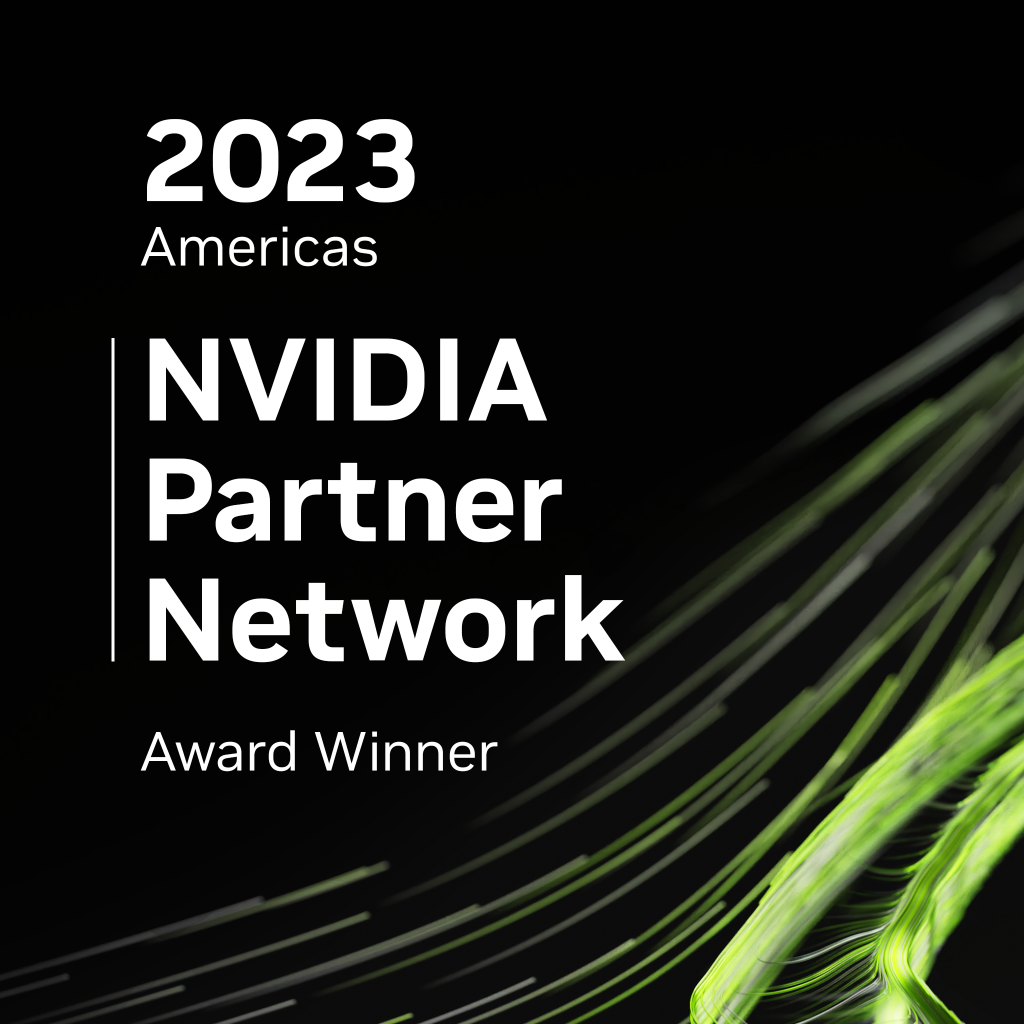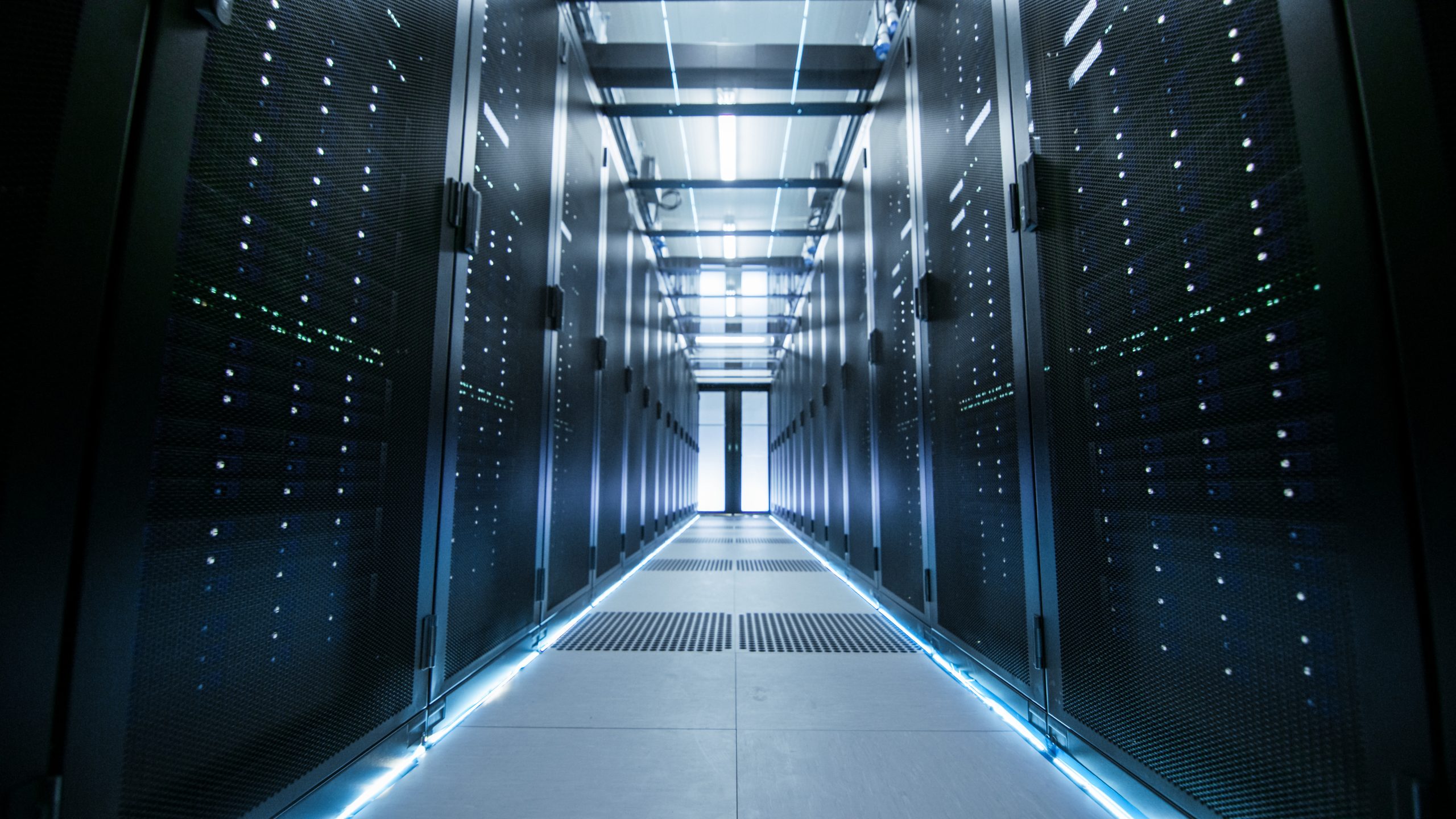
FedData Technology Solutions and NVIDIA have partnered to provide customers with access to NVIDIA’s high-performance computing (HPC) and artificial intelligence (AI) technologies. FedData will provide the expertise and experience to deploy NVIDIA’s technologies in a secure and compliant manner. NVIDIA will provide the hardware, software, and training to help Customers get the most out of their AI and HPC investments.
FedData Technology Solutions and NVIDIA Federal leverage their years of technical and Federal expertise on the development of leading-edge solutions on the ever-evolving mission requirements of Federal Agencies, DOD, and DOE. The deep technical talents of both companies are highly educated and have direct hands-on experiences developing and deploying mission critical solutions. Our technical personnel have reciprocal bi-lateral access to labs where it makes the most sense to do the research, proofs-of-concepts, and final solutioning.
Together, our companies have a collaborative focus on the mission requirements of the Federal markets and the application of NVIDIA technologies, frameworks, and platforms to those requirements. High performance computing and artificial intelligence are key focus areas. Specific platforms we work with include – NVIDIA Omniverse for building digital twins and the NVIDIA AI Platform for Cybersecurity, Generative AI, and Computer Vision workflows. Additionally, the infrastructure required to host these solutions are key areas of focus.
rjgnrkvndnkslvjhghjgjgjhgjjgnldnovnrovnrlknnflfkdflkkkkkkkkkkkkkkkkkkkkkkkkkkkk
Expertise/Focus
kjnvkndvkjvnkvjnkdjnkdnkjsdnjknsdkcnksjnkjnkjnkjjnknnjknkjnkjnkjnjnkjnvkdnkvjnejwpoeoefjojfwonewfjnwfkjfdnfsdknfdkjsdfnkfjsnfjnfkjsnfkjsfnkfdjnfkjnfk
kgjhgkjfkdjflkjflkjflkjdlkjdlkfjlfdjdflkjfl

FedData Technology Solutions awarded NPN’s 2023 Rising Star Partner of the Year
kgjhgkjfkdjflkjflkjflkjdlkjdlkfjlfdjdflkjfl
Our ai objectives
- Research and development of the latest trends in generative pre-trained transformers technology and associated state-of-the-art hardware to speed up training and inference, such as graphics processing units (GPUs) based on NVIDIA and AMD technology.
- Custom development of applications in the field of NLP, computer vision, as well as multi-modal AI, combining a variety of data streams such as audio/video and natural language
- Full stack development of advanced AI applications including hardware infrastructure on-prem or in the cloud.
Generative AI
At FDTS we are developing GPT-based applications using open-source large language models (LLMs), and with prompt engineering, we can direct a generative AI model to provide accurate information on any topic that is part of the knowledge. This approach is very effective since it promotes “data and knowledge exploration” at an unprecedented speed. The embedded LLMs provide effectively reading and comprehension capabilities to the AI model, which in turn can process vast amounts of data in very short time. Check out our new gen AI solution, OnPremGPT here!
Cybersecurity
NVIDIA Morpheus is an open application framework that enables cybersecurity developers to create optimized AI pipelines for filtering, processing, and classifying large volumes of real-time data. A “zero trust” posture is implicitly enforced by Morpheus since the AI platform effectively creates a “digital DNA” of each user or process running on the network by continuously analyzing data using data processing units (DPUs). In the case where the user’s credentials are stolen, it is likely that the “bad actor” will act differently than the legitimate user. If this situation is detected by the AI models in Morpheus, appropriate actions are taken to mitigate further compromise of the system.
Training and Simulation
FDTS is involved in the development of a simulation platform to predict fleeting windows of enemy vulnerability in a systems warfare context and depict those scenarios in geospatial and operational contexts. The NVIDIA Omniverse platforms allow seamless integration of a large variety of data sources and the introduction of real-physics simulation capabilities, such as the impact of weather and terrain conditions, as well as agent-based modeling (ABM) to predict complex collective behaviors.
